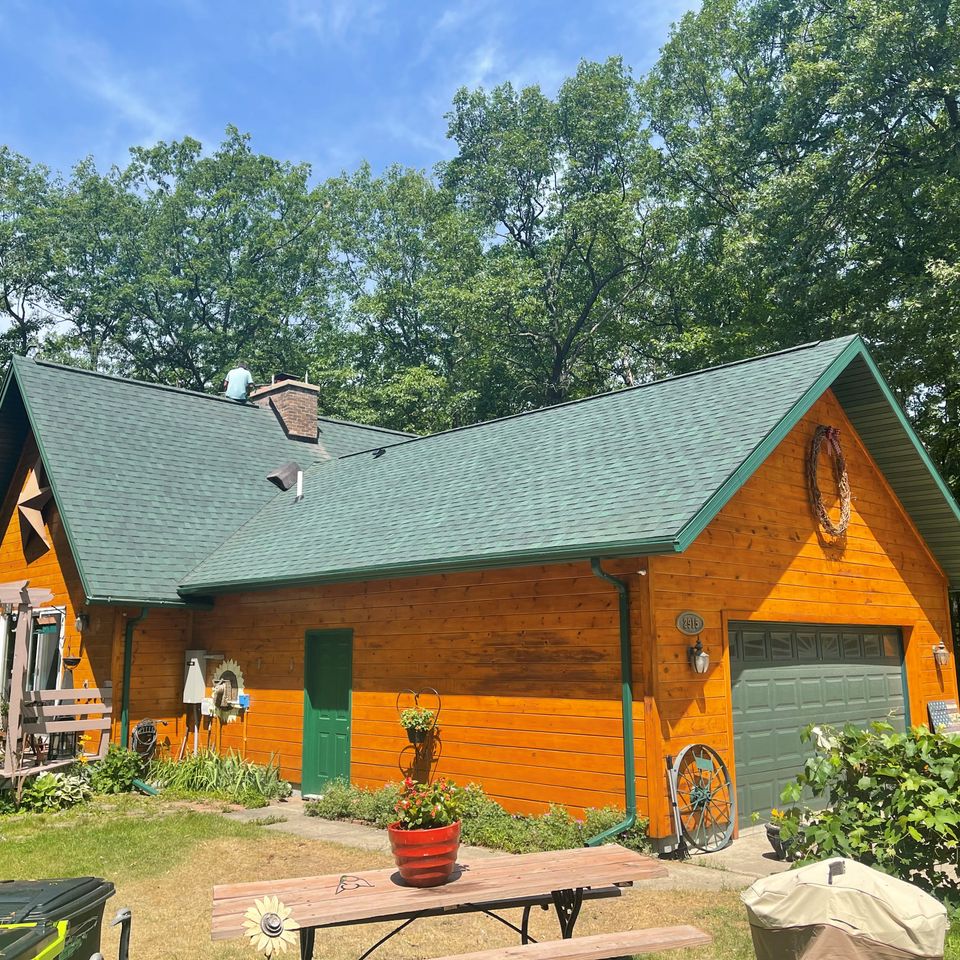With commercial roofing systems, addressing the slope of the roof is important. Roofs are classified as Low Slope Roofs (or Flat Roofs) and Steep Slope Roofs.
Low Slope Roofs:
These roofing systems are common among warehouses, big box stores, and shopping centers. This roofing system offers several options for flat roofs, including EPDM, PVC, and TPO.
Steep Slope Roofs:
These roofing systems are more commonly seen on single and multi-family homes than they are on commercial properties. This roofing system’s popular roof materials include metal, shingles, slate, or tile.
Ask Us Today About Our Repair and Maintenance Programs Today!
